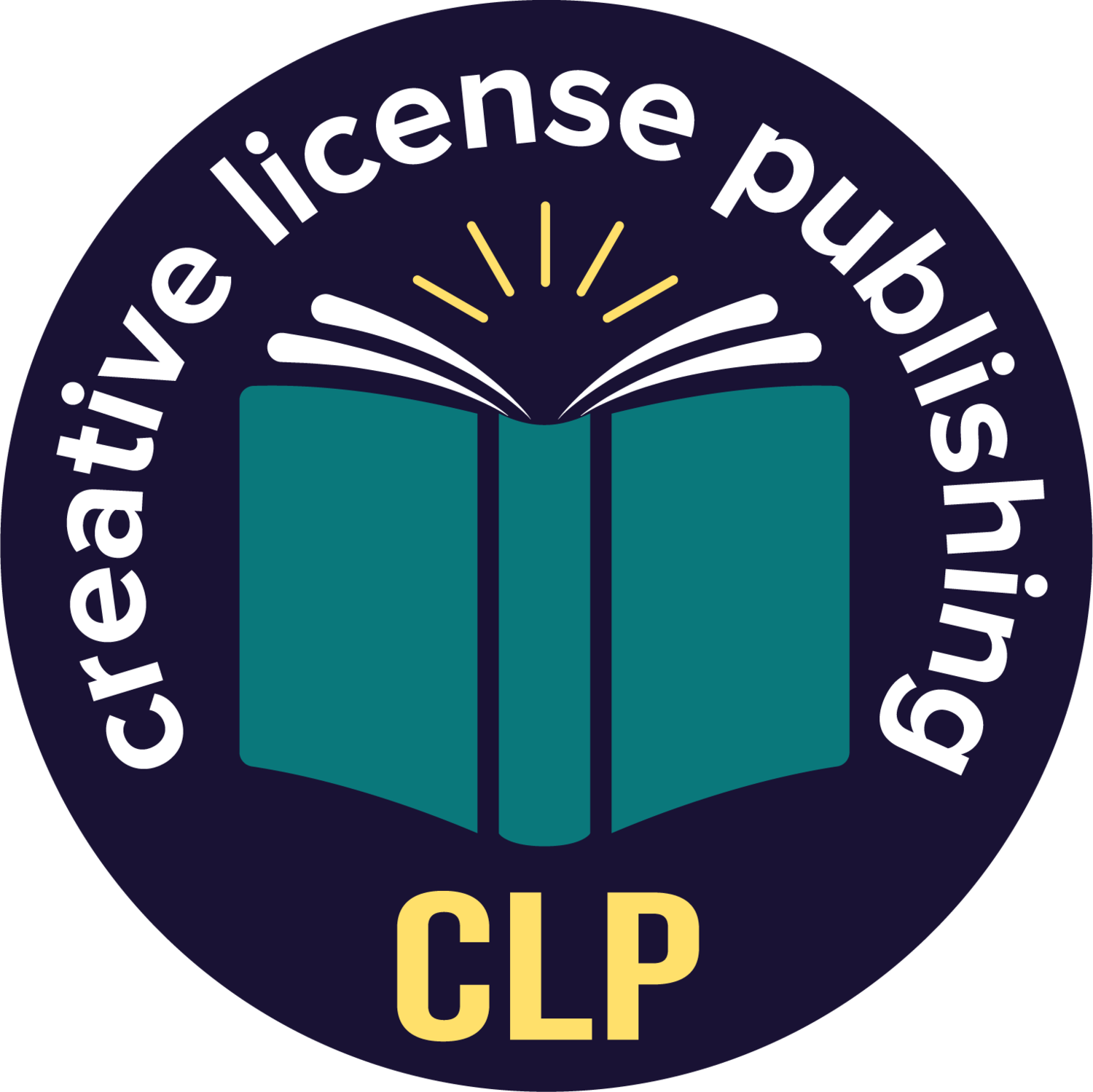The Importance of the Hook
Celeste Chin
Just as much as Oprah Winfrey loves bread, I love a great story. Any story worth its weight draws me in from the start and takes me on a journey. A good book can bring my everyday life to a halt: the washing piles up, my kids start asking if I ever plan on making dinner and my phone is full of unanswered messages. I recall closing the cover on such a book, with tears running down my cheeks, as my young son asked, “Mom, what’s wrong?” Wiping my face, I answered, “This was such a good book, the story was amazing.” Puzzled he replied, “I never cry when my books are over. Maybe you should pick different books.” And although, I knew he was too young to understand, my reaction was precisely the reason I knew I had picked the right book. I didn’t just read that book, I experienced it.
But no one can experience the story you have invested your heart and soul into, if you fail to capture their interest from the start. What good is it, if you have a fabulous story to delight your target reader, if they can’t get past the beginning? If you’re fishing, you can’t reel in the fish until you hook it. The same goes for the reader. If you can’t hook your reader, then your story is likely to be abandoned. Yes, there are readers who will stick with a story until the end and perhaps uncover the gem you wrote, but the truth is, in today’s world, most will not.
I am currently reading a book by a close friend and a great writer. My friend skillfully hooked me in the first few pages. Being her target reader, she created a character that I could relate to and connect with. She drew me in by showing who her main character is through thoughts and actions–she didn’t simply state facts about the character. I could immediately empathize and connect with this character. I took the bait. Then, within a few more pages, she captured my curiosity, with a hint of a scintillating, emotional challenge for this character–a challenge I, her target reader, could identify with. Now I am firmly on the hook, while she slowly reels me in and takes me on this experience. An experience I will inevitably be inspired to share with other readers.
Conversely, I recently read a manuscript by an equally talented writer, who failed to hook me. Again, I was his target audience, but his main character was unlikeable and lacking any real challenge or hint of a challenge. The story was flat. And, without my connection to the characters or any bait dangling in front of me, motivating me to read on, in its current state, I wouldn’t recommend this to anyone. To this writer’s credit, he listened to my review and upon rewrite, presented the story but with the same characteristics of the writer in my first example. I am now hooked and motivated to read on.
Remember, you want the reader to connect with your characters and the story from the point of introduction. First, know your target reader. Develop characters they will connect with on some level. Second, show more of who the characters are through thoughts and actions, refrain from telling the reader who the characters are. Third, give the reader a taste, a hint of something interesting of what is to come, without giving the plot away in chapter one. This little morsel will spark their interest, which along with a connection to the characters, will keep the pages of your book flipping.
If you are still unsure how to do this with the book you are writing, stop and go find those books that have captured your interest from the start. See how writers you’ve loved were able to hook you in the beginning. Remember, good writing starts with good reading.
